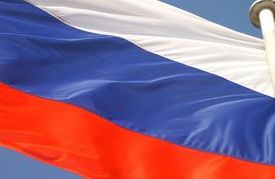Russian Federation

- curricula and standards in history teaching;
- the preparation and publication of new history textbooks and teaching materials on regional, national and world history;
- teacher training (in-service and initial);
- assessment and testing.
In recent years, the discussions focussed primarily on developing methods which could help to present cultural diversity as an enriching factor, as well as finding ways in which intercultural dialogue could be integrated into the teaching and learning process so that pupils learn to analyse and understand complicated and sensitive issues, and find peaceful solutions in potentially conflictual situations.
Activities
Over the ten years, history educators from the Russian Federation participated in more than 50 activities, many of which took place in Russia itself covering almost all regions of this vast country, from Arkangelsk in the North, throughout Central Russia and North Caucasus, further on through the Urals and Siberia, and up to Khabarovsk and Vladivostok in the Far East.
Some of the activities involved representatives from other international organisations: long-term partners of the Council of Europe, such as UNESCO, the Georg Eckert Institute for International Textbook Research (Germany), as well as EUROCLIO, a non-governmental European organisation of history educators. More recently, activities were done under the Joint Programme between the European Commission and the Council of Europe in the Russian Federation.
Special mention should be given to the following programmes:
- the Joint Programme of Cooperation between the European Commission and the CoE to Strengthen Democratic Stability in North Caucasus and the Programme of Cooperation Activities between the Council of Europe and the Russian Federation in the Chechen Republic.
- the Russian-Japanese project.
Documents and reports related to the cooperation with the Russian Federation


